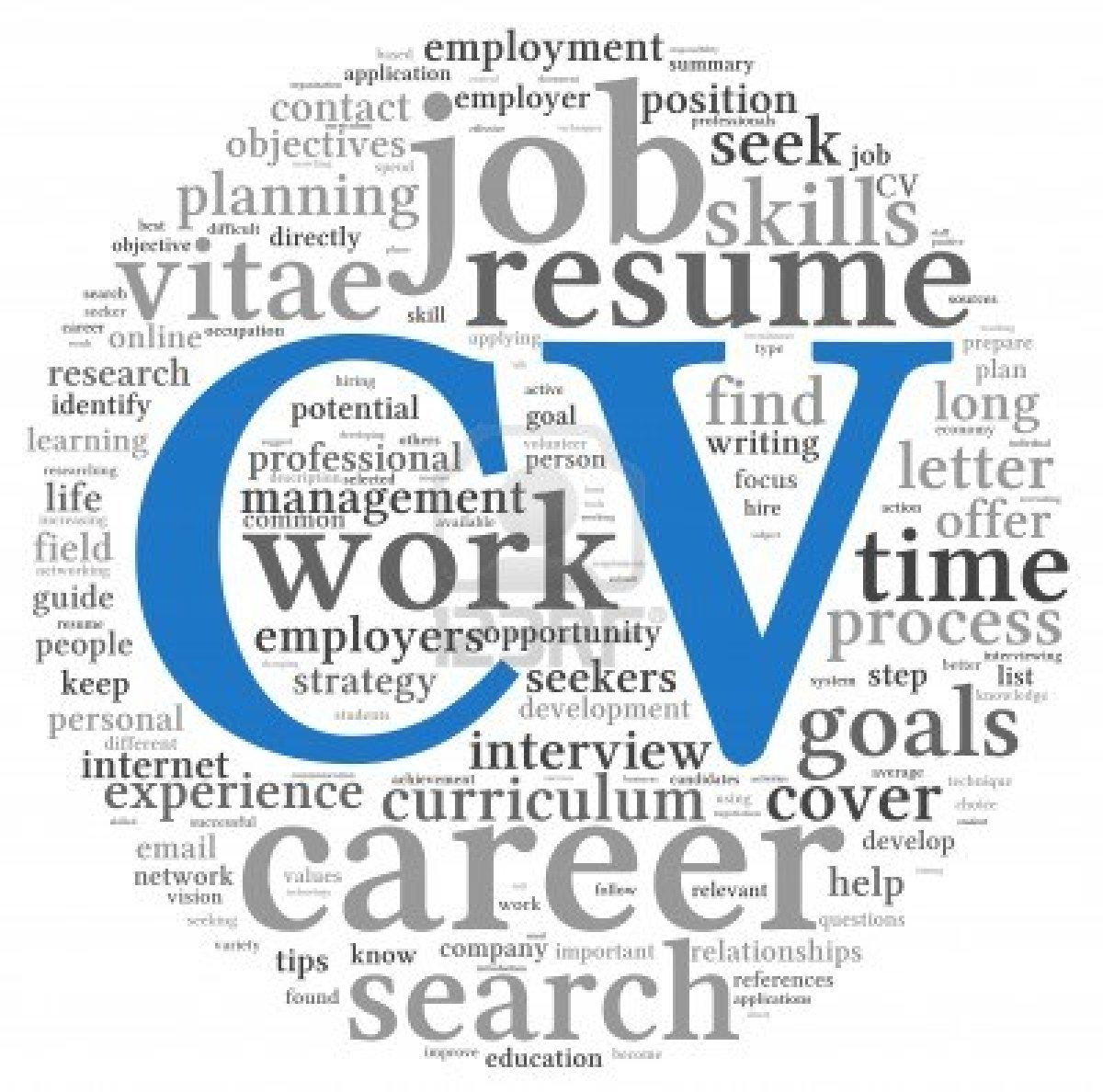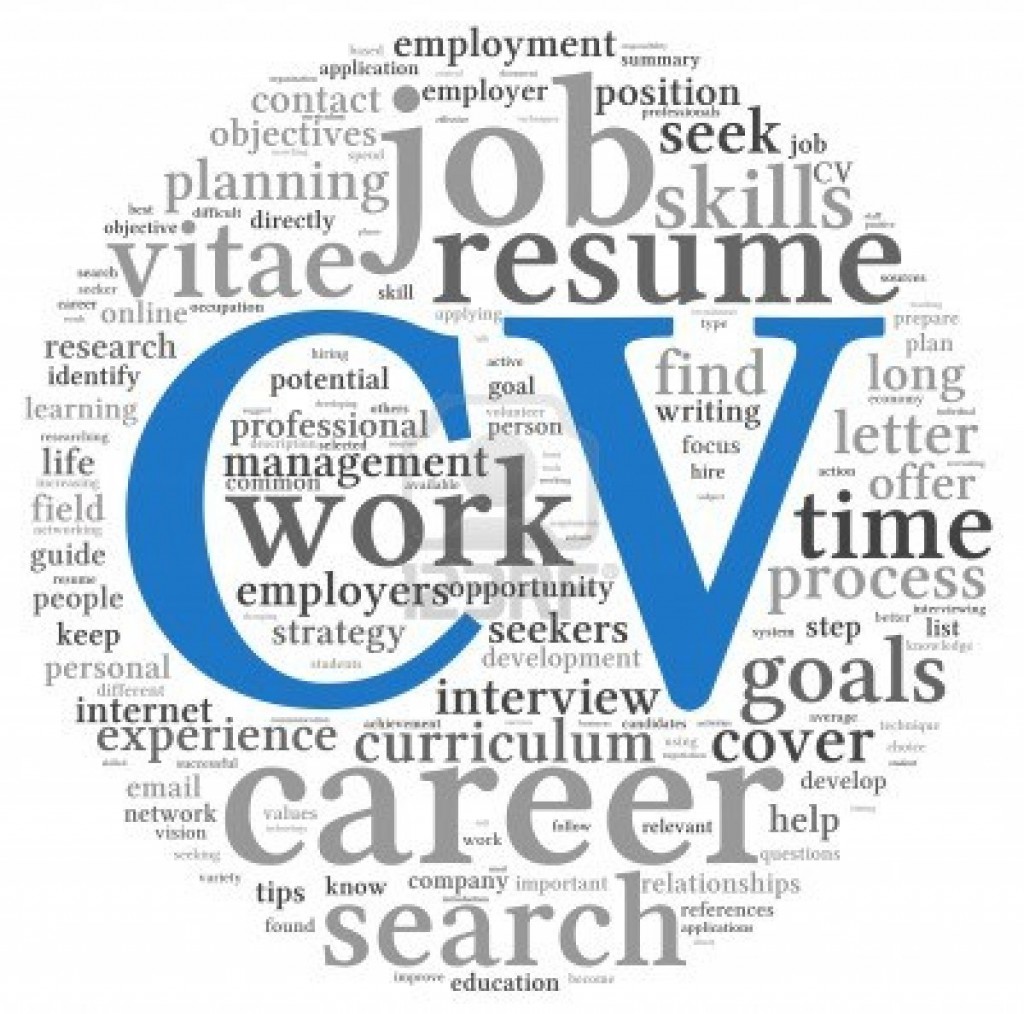How To Create A Successful CV
Congratulations, class of 2015! Whether you’ve just graduated or you’ve been on the job hunt for a while, it’s common for recent graduates to have a bit of a lull when looking for work. While University is amazing for many reasons, it can be hard to translate what you’ve learned into useful information for an employer. Many students find ‘selling themselves’ on a CV to feel false and troubling. If you’re stuck on your resumé, here’s what graduate employers look for from recent grads.
State Your Career Objectives
While stating your experiences can help an employer get an idea of your educational and employment background, you should be opening your CV with an objective. A personal profile, writes Simon Richwalds of Bright Futures, is pretty generic: explain to an employer what you hope to achieve in the future, and how you plan to do so. It shows you have planning skills and passion, so state if you plan to do extra qualifications or internships, and your reasoning why.
Use of Keywords
Graduate employers write job openings with keywords in mind – if you’ve ever seen a post stressing the employees’ expected use of oral communication, IT skills, or admin literacy, it was done intentionally. Using these keywords in your application shows that you’ve studied the opening, and personalised your CV for this job. Additionally, be sure to use keywords and relevant tags if you use an online CV, or a service like an employment agency or LinkedIn, as this will help employers find you for openings they have.
Problem – Steps Taken – Resolution – Positive Impact
Much like wasting time on a personal profile, many graduates are keen to share anecdotes of challenges they have faced. However, the focus should not be on the task itself, or even how you overcame it, but the positive impact your actions had. Put emphasis on exactly how you solved your problem, with the specific skills involved, before outlining the practical, positive outcomes of your resolution – show that you can create positive change.
Communication Skills
Finally, communication skills are absolutely vital in any job in any industry – the ability to communicate effectively helps you minimise problems in the workplace, and get your job. A badly written CV will be ignored by an employer, so ensure that everything reads clearly and that you write with a personal voice. Ask a friend or family member to read your CV (pretending they don’t know you), to help you highlight issues or mistakes you may have missed. It isn’t enough to simply say that you have communication skills – a resume and job application is the perfect chance to demonstrate it.



